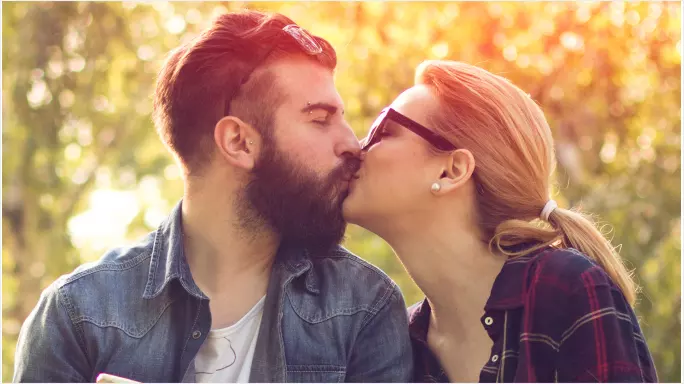Virginity is a tricky, sticky subject.
Historically, virginity was used as a tool to determine a woman’s value, going along with the whole “purity is a virtue” mindset. It’s this view that perpetuates a contemporary culture in which women are shamed for sexual activity. It’s also this mindset that had me thinking until a very late age that virginity was something only women, not men, could posses.
There’s also the other side of it: the prude-shaming that can occur in liberal, secular environments, or the assumption that everyone is and should be having sex.
The thing is, this virgin-whore dichotomy is also attached to a very traditional view of what it means to have sex: Penis-in-vagina intercourse. But there are countless other ways of being intimate with people across the spectrum of gender and so there are countless other “first times” that can exist.
Jill*, 22, had sex for the first time during her freshman year of college, but for her it was more about the emotional experience rather than the physical one. “I think the concept of being vulnerable to somebody else and having that depth of connection is the part of it that’s important to me.”
Even though there are many ways of being vulnerable with someone, many young women, such as Amanda*, 22, don’t consider having officially lost their virginity until they’ve had intercourse. For Amanda, her prior sexual experiences were exciting, but there was simply more meaning attached to intercourse. “They were all milestones, but the last milestone has a name.” Placing a name and value on that last milestone is something that people have been taught. “As a woman you’ve been fed so many stories and norms and expectations about [virginity] your whole life from the media and friends and older women. I think you can’t help but think about society’s views of it.”
While intercourse is definitely one way to be vulnerable with someone, there are many other ways that may carry more meaning or importance for a person. Samantha*, 20, has never had intercourse, and yet she does not consider herself a virgin. “I think that you learn something from every experience.” For her, rather than the experience of having her virginity be something that someone else can take, she wants her experiences to be about understanding her sexuality for herself. “No one should define this experience for a woman except for the woman herself.”
Rather than calling her first experience the loss of her virginity, Caylie*, 22, likes to refer to it as her “sexual debut.” When she had sex for the first time with her then-boyfriend, it felt like a huge deal. “It couldn’t have been more cliché. It was ingrained that we were proving our love, instead of allowing it to be about me as a sexual being.“ Since then, her views have changed. “Your sexual debut can happen more than once. It happens in stages, throughout your life. Each sexual experience along the way could have been little virginities. The first time you see someone else naked, or you orgasm with a partner– aren’t each of those little sexual awakenings?”
I recently came across The Virginity Project, a blog and book in which Kate Monro collects stories of how people lost their virginity. Inspired by the stories I read, I sat down to try writing my own. I started typing and deleting multiple first sentences, each one beginning a different story of a different sexual experience. I thought about the time I spent between my first sexual experience and the first time I had intercourse. During that time, I never considered myself a virgin because I was a sexual person; I was just engaging in sex in ways that are different from strict, traditional definitions. Each of those first experiences was special to me in its own ways.
We try to find a universal way of talking about this, when sex is such an individual, personal thing. Maybe virginity can be a little less tricky and sticky if we start to honor each individual experience a little more.
*Names changed to protect identities. Cover image courtesy of Shutterstock.




comments